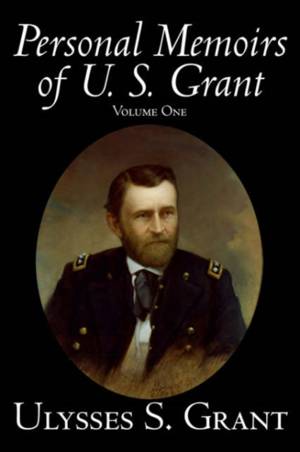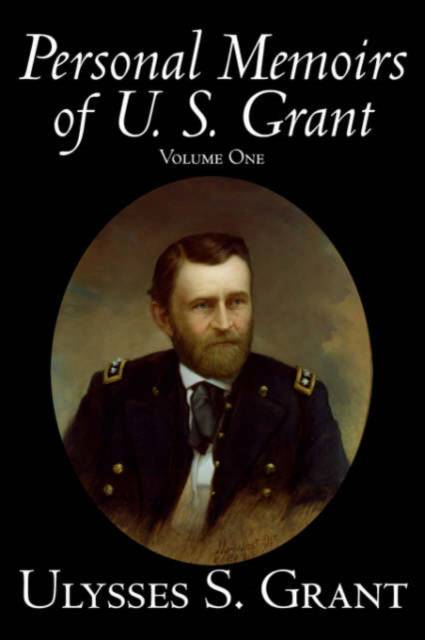
- Retrait gratuit dans votre magasin Club
- 7.000.000 titres dans notre catalogue
- Payer en toute sécurité
- Toujours un magasin près de chez vous
- Retrait gratuit dans votre magasin Club
- 7.000.000 titres dans notre catalogue
- Payer en toute sécurité
- Toujours un magasin près de chez vous
Personal Memoirs of U. S. Grant, Volume One, History, Biography
Ulysses S GrantDescription
The memoir has been highly regarded by the public, military historians and literary critics. Grant portrayed himself in the persona of the honorable Western hero, whose strength lies in his honesty and straightforwardness. He candidly depicted his battles against both the Confederates and internal army foes. Twain called the Memoirs a "literary masterpiece." Given over a century of favorable literary analysis, reviewer Mark Perry states that the Memoirs are "the most significant work" of American non-fiction. "Man proposes and God disposes." There are but few important events in the affairs of men brought about by their own choice. Although frequently urged by friends to write my memoirs I had determined never to do so, nor to write anything for publication. In preparing these volumes for the public, I have entered upon the task with the sincere desire to avoid doing injustice to anyone, whether on the National or Confederate side, other than the unavoidable injustice of not making mention often where special mention is due. Mark Twain writes: I had been comparing the memoirs with Caesar's Commentaries... I was able to say in all sincerity, that the same high merits distinguished both books--clarity of statement, directness, simplicity, unpretentiousness, manifest truthfulness, fairness and justice toward friend and foe alike, soldierly candor and frankness and soldierly avoidance of flowery speech. I placed the two books side by side upon the same high level, and I still think that they belonged there.
Spécifications
Parties prenantes
- Auteur(s) :
- Editeur:
Contenu
- Nombre de pages :
- 288
- Langue:
- Anglais
Caractéristiques
- EAN:
- 9781598181135
- Date de parution :
- 01-06-06
- Format:
- Livre relié
- Format numérique:
- Genaaid
- Dimensions :
- 152 mm x 229 mm
- Poids :
- 562 g







